

“And the priority, I felt, was that it shouldn’t be about the business, but to regain the fans. Rebuilding the game and relaunching it would probably be the only way we could do that. So the company pushed for it as well, and that is how we came to the decision to rebuild the game.” – Naoki Yoshida in an interview with Gamasutra.com
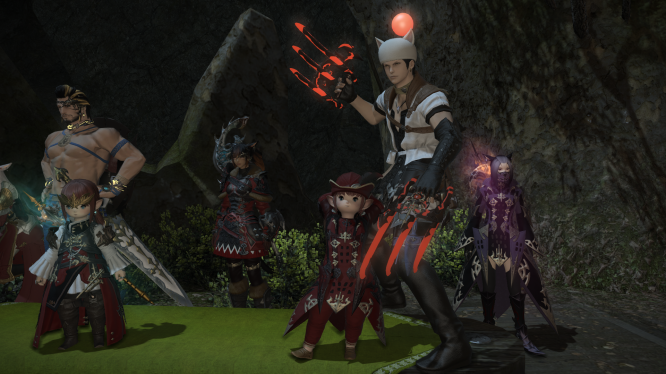
The success story of Final Fantasy XIV: A Releam Reborn is a long one, according to the game’s director Naoki Yoshida. In a GDC 2014 talk Yoshida, the man who was tasked with bringing Final Fantasy XIV back from the dead, detailed the process, the how’s and why’s of what exactly went down.
Yoshida was brought in after Final Fantasy XIV’s original release. FFXIV at launch was nearly unplayable, contained little to no content in comparison to its competitors, and was getting hit by increasingly unfavorable reviews. Square Enix, after seeing its product getting thrashed around, brought in a new lead for the product, replacing Hiromichi Tanaka (who had previously been the head of Final Fantasy XI and had worked on the series since Final Fantasy I).
Yoshida immediately began interviewing the development staff who worked on the game, as well as getting community feedback. He found out three things from these interviews:
1) That the staff had an unhealthy obsession with getting the best graphical quality possible, above all else.
2) That many of the staff had a very limited knowledge of MMORPGs, with few actually playing any modern games in the genre.
3) That the development team had the mindset that every single problem in the game could be fixed with a patch, and that they didn’t need to work to perfect a feature before releasing it.
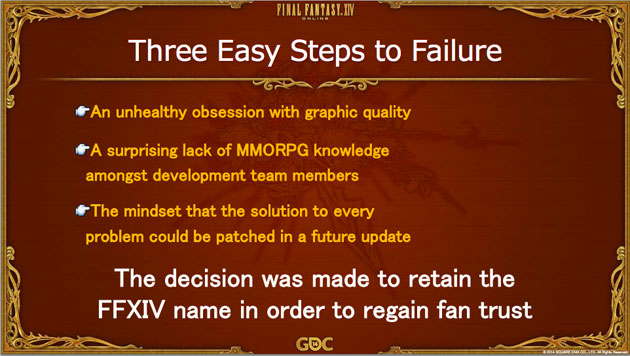
Yoshida approached the higher-ups at Square Enix, giving them two options. They could either remake the game from scratch or they could keep updating the game for three years, in its current state, and then drop it. Yoshida insisted that dropping the game after three years would damage Square’s (already) frail connection to its fans. Square Enix management agreed to rebuild the game, in order to regain their fan’s trust, however the development team were only given two and a half years to build the new game. It was a hard process Yoshida remarks, however one he is glad to have gone through.
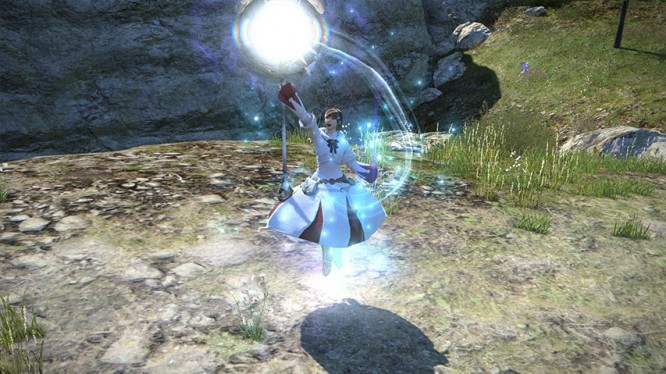
Yoshida noted that the original team failed because they were stuck too much in the Playstation 2 era of game development, making games the same way as they made them for PS2. He noted that the development team for the original Final Fantasy XIV struggled because instead of updating the gameplay, and the way they created it, they just sought to update the graphics instead.
Whilst the company had major success in the Playstation 2 era, with titles such as Kingdom Hearts and Final Fantasy X, Square Enix just kept doing what they were doing from a development perspective, instead of moving forward with the rest of the industry. Yoshida claims the company has since moved on since the remake of Final Fantasy XIV, changing the way it works on games.
One of the things Yoshida decided to focus on was community connection. It had to be seen that Square Enix was trying to make a connection with their fans, and that the company was trying to regain the trust of their fans. He went about doing live “Producer Letters”, whereby he went on live stream and discussed the game, and incoming changes, with the company’s fans. Originally he was met with a lot of scepticism from Square Enix, however eventually the company came around to his way of thinking. Yoshida pointed to the “Square Enix Presents” booth at E3, whereby the company was live streaming talks with its own developers throughout the trade show.
This fan focus has lead to a change in the development of a lot of Square Enix’s games, with there being more of a fan focus, and with developers using that focus to get their ideas pushed through.
With regards to business models, a hot topic within the games industry and GDC, Yoshida said that both free-to-play and pay-to-play models have the strengths and weaknesses. Developers also shouldn’t feel obliged to stick to one or the other. On that note, in an interview with Gamasutra Yoshida brought up the topic of western MMORPGs changing business models.
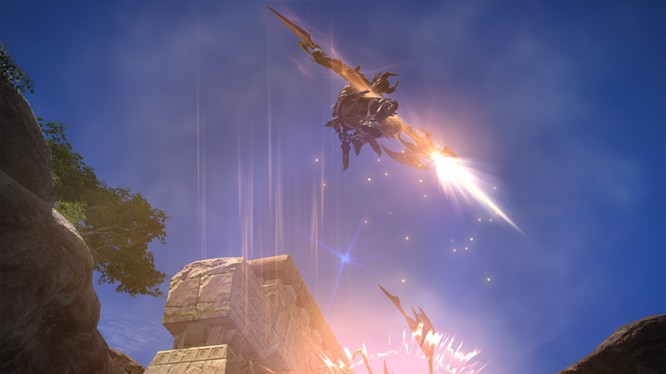
“Then you would wonder, “Why are games switching over to the free-to-play mode?”, the developer said before going on, “We usually have investors supporting the funding for the different titles. They’d look at the subscriber numbers for the first couple of months, and they’d want their money back because they’d see the decline in the subscriber numbers… Once investors pull out, the game will not be able to update, because they don’t have sufficient funding.” He then went on to add that most developers switch to Free-to-Play in order to make a quick buck and keep the game going.
The developer in his GDC speak highlighted that model chosen should meet customer demand, as well as the market needs. He then went onto to stress that using both the free-to-play model as well as the subscription model into a game is fine, however it is important that no matter what, you make sure that the business model does not dictate the game.
In the final parts of his presentation, Yoshida highlighted four main points he had taken away from rebuilding Final Fantasy XIV:
1) Never forget the fans (without them, there would be no us),
2) Fun comes first (if it isn’t fun, you’re doing it wrong),
3) Never back down (always aim to amaze),
4) Don’t forget your roots (it’s what fan’s crave)
Indeed the final slide, the above points, do more to show how far Final Fantasy XIV’s development team has come, and the changed focus of Square Enix itself. It seems that Square Enix have truly learned from their experiences. When asked by Gamasutra if Square Enix has redeemed themselves from the failure of Final Fantasy XIV, Yoshida replied:
“I don’t have a strong sense of feeling vindicated now. But going through this very tough experience at Square Enix, I’m really glad there’s an opportunity to talk about that experience, as well as the struggles we went through, and I think it’s very fortunate that I was given that opportunity to do that.”
Did you like this article? Take a look at what races we think are the most unique of every MMORPG out there!
Are you also nostalgic to those golden olden days? Check out our article about the games we played.
There is a new up and coming zombie survival horror called H1Z1. This article is about what we know so far!
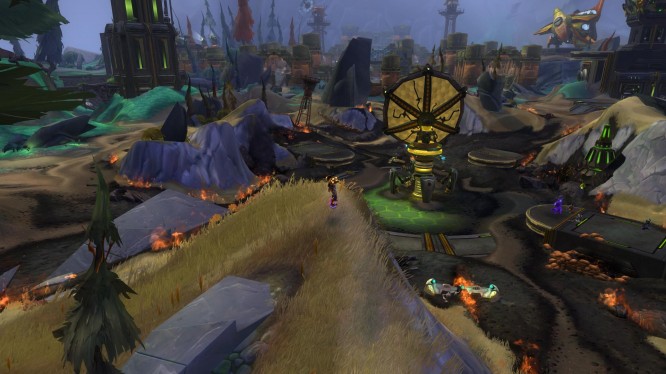
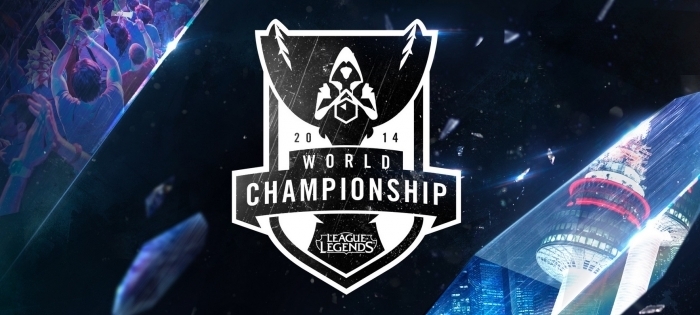
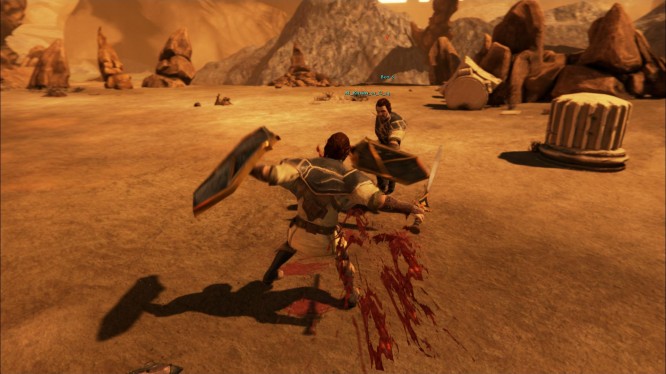

 What MMO Would You Most Like to Get a Beta Code For?
What MMO Would You Most Like to Get a Beta Code For?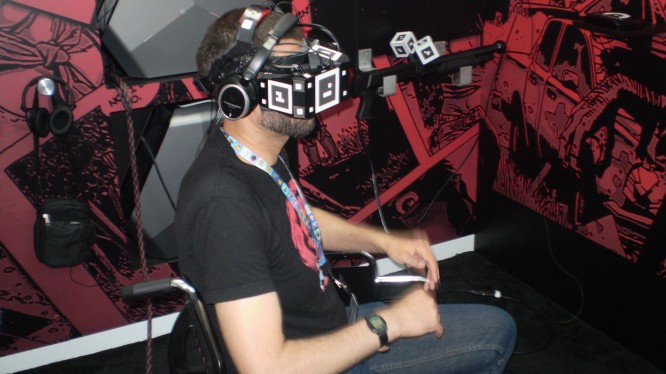 E3 2015: Virtual Reality Headsets .
E3 2015: Virtual Reality Headsets . MMOGames' PAX Prime 2015 Coverage .
MMOGames' PAX Prime 2015 Coverage .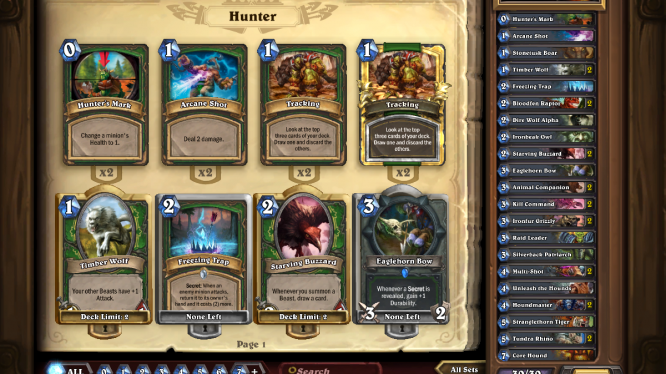 Heroes of Hearthstone: Beginner decks for Newbies! .
Heroes of Hearthstone: Beginner decks for Newbies! .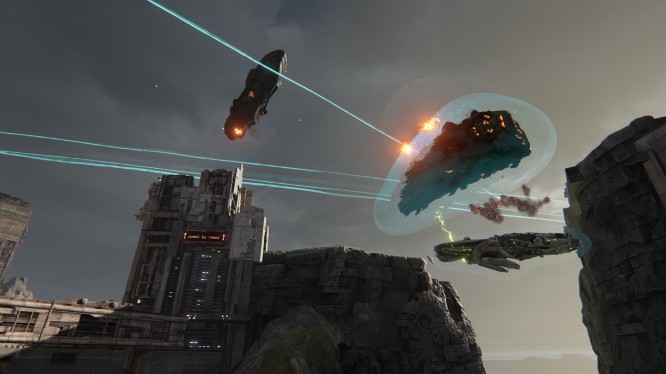 PAX Prime: Dreadnought Hands-On .
PAX Prime: Dreadnought Hands-On .